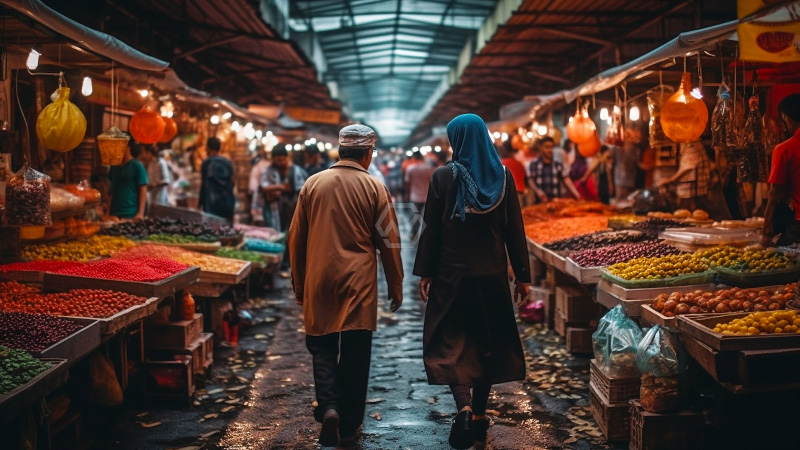- Morocco’s economy grew by 3.4% in 2023, showing resilience despite global and local challenges.
- The World Bank forecasts a slowdown to 2.9% growth in 2024, influenced by a weak agricultural sector.
- Key drivers of growth include tourism, manufacturing, and foreign direct investment, though ongoing challenges persist.
Morocco’s economy demonstrated notable resilience in 2023, achieving a 3.4% growth rate despite facing obstacles such as global economic slowdowns, inflation, and the Al Haouz earthquake. T
he World Bank highlights the importance of productivity in fostering long-term economic development, aligning with Morocco’s New Development Model (NMD) that emphasizes inclusive growth. Key sectors contributing to this performance include tourism, export-oriented manufacturing, and a resurgence in private consumption.
Morocco Faces Economic Slowdown as Recovery Continues
Looking ahead, the forecast for 2024 suggests a deceleration in growth to 2.9%, primarily due to a poor agricultural campaign and ongoing recovery challenges. While the reduction in the current account deficit and increased foreign direct investment are positive signs, the economy still grapples with business bankruptcies and job losses, particularly in rural areas. The Moroccan government’s new social aid program aims to support vulnerable households and mitigate these impacts.
However, the World Bank’s forecast for 2024 indicates a potential slowdown in growth to 2.9%. This anticipated deceleration is attributed to a poor agricultural campaign, which could affect overall economic performance. Although non-agricultural GDP is expected to remain stable, businesses and households are still grappling with the aftermath of recent shocks, including increased bankruptcies and significant job losses in rural areas.
The Moroccan government has initiated a new social aid program to support the most vulnerable households, aiming to alleviate some of the economic pressures faced by these groups. Furthermore, the substantial rise in foreign direct investment and a reduction in the current account deficit are positive developments that present opportunities for future growth.
Despite these advancements, Morocco’s economic recovery remains fragile. Continuous efforts to bolster productivity and support small and medium-sized enterprises will be crucial in sustaining economic momentum and achieving long-term, inclusive development goals.
Morocco’s economic resilience in 2023 highlights its ability to navigate significant challenges, but the forecasted slowdown for 2024 underscores the need for continued support and strategic reforms to ensure stable and inclusive growth.
“This aligns with the New Development Model (NMD) and Morocco’s long-term vision for inclusive development,” remarked Ahmadou Moustapha Ndiaye, emphasizing the importance of productivity and reforms in Morocco’s economic strategy.



